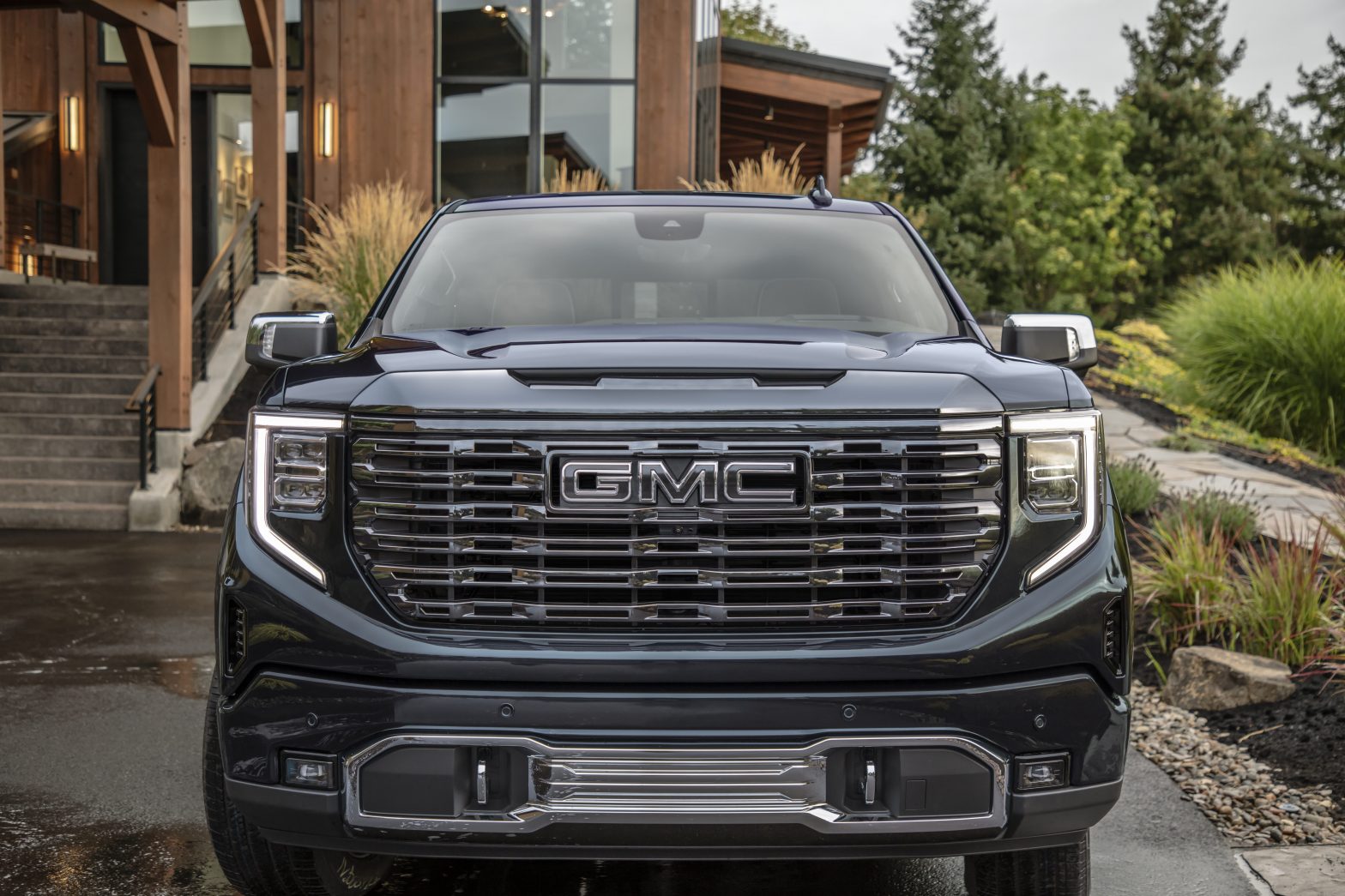2022 GMC Sierra 1500 Denali Ultimate
GM
General Motors is slightly raising its 2021 earnings guidance on strong pricing, resilient consumer demand and a stronger-than-expected supply of semiconductor chips.
The Detroit automaker’s new adjusted earnings guidance for this year is about $14 billion, up from an already raised guidance of between $11.5 billion and $13.5 billion, GM CFO Paul Jacobson said Wednesday.
“I’m pleased to say that we’ve experienced a little bit of favorability on costs and volumes have been trending higher than we expected them to be primarily on chip availability,” he said during a Credit Suisse investor event.
Jacobson also cited “continued strength in the consumer” as a tail wind. He said GM is “very, very closely” monitoring impacts of the Covid omicron variant, but it has not factored any impact into its forecast.
GM’s stock was up by more than 3% during trading Wednesday afternoon to about $59.75 a share. The automaker’s market cap is about $86 billion.
GM’s new guidance will likely please investors and Wall Street analysts who were disappointed with the company only guiding to the “high end” of its range when announcing third-quarter results in October. Shares of the automaker fell by 5.4% on Oct. 27 after the third-quarter results, followed by crosstown rival Ford Motor partially raising its guidance that same day.
GM’s initial adjusted earnings guidance for the year was between $10 billion and $11 billion, as it attempted to account for the impact of the ongoing semiconductor chip shortage.
The parts shortage has depleted vehicle inventories and caused automakers, including GM, to sporadically shutter plants this year for weeks, if not months. But it’s also increased profits on record financing and vehicle pricing due to the low inventories.
Jacobson declined to disclose GM’s earnings expectations for 2022, but said he expects it to be “another strong year” for the automaker. GM doesn’t anticipate its vehicle inventory levels to improve to any normalized amount until after 2022, according to Jacobson.
“I think we’re certainly expecting a strong consumer environment to continue into 2022,” he said. “I don’t certainly think that we’re going to be in a position where we’re going to be anywhere near a normalized inventory, whether you’re looking at past or you’re looking at go-forward expectations.”
